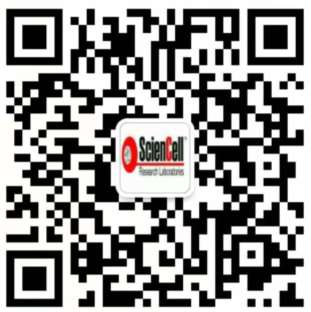{{item}}
Skeletal muscle cells, one of the largest cell types in the body, are multinucleated cells formed by the fusion of myoblasts. Skeletal muscle regeneration is a complex process. When skeletal muscle is injured, quiescent resident myoblasts called satellite cells are activated to proliferate, migrate, and differentiate. Various cellular signaling pathways, such as phosphatidylinositol 3-kinase, calcineurin, Janus kinase 2/signal transducer and activator of transcription 3 (STAT3), and mitogenactivated protein kinase (MAPK) have been suggested to play an important role in skeletal muscle growth. Insulin-stimulated glucose transport in cultured human skeletal muscle cells is mediated by GLUT4 and heparan sulfate proteoglycan is involved in skeletal muscle differentiation. The fusion of mononucleated cells to form multinucleated myotubes is a central event in skeletal muscle development. Controlling the onset and progression of this process is a complex set of interactions between myoblasts and their environment. Skeletal muscle cell culture is a useful model for studying the process of cell differentiation.
HSkMC from ScienCell Research Laboratories are isolated from human trapezius muscle and erector spinae muscles of the back. HSkMC are cryopreserved at passage one and delivered frozen. Each vial contains >5 x 105 cells in 1 ml volume. HSkMC are characterized by immunofluorescence with antibodies specific to myosin and/or actinin. HSkMC are negative for HIV-1, HBV, HCV, mycoplasma, bacteria, yeast and fungi. HSkMC are guaranteed to further expand for 15 population doublings under the conditions provided by ScienCell Research Laboratories.
Recommended Medium
It is recommended to use Skeletal Muscle Cell Medium (SkMCM, Cat. #3501) for the culturing of HSkMC in vitro.
| 货号 | 3500 |
| 产地 | 北美 |
| 缩写 | HSkMC |
| 规格 | 5 x 10^5 cells/vial |
| 用途 | 科研 |
| 储存 | 液氮 |
| 运输 | 干冰 |
骨骼肌细胞系统























